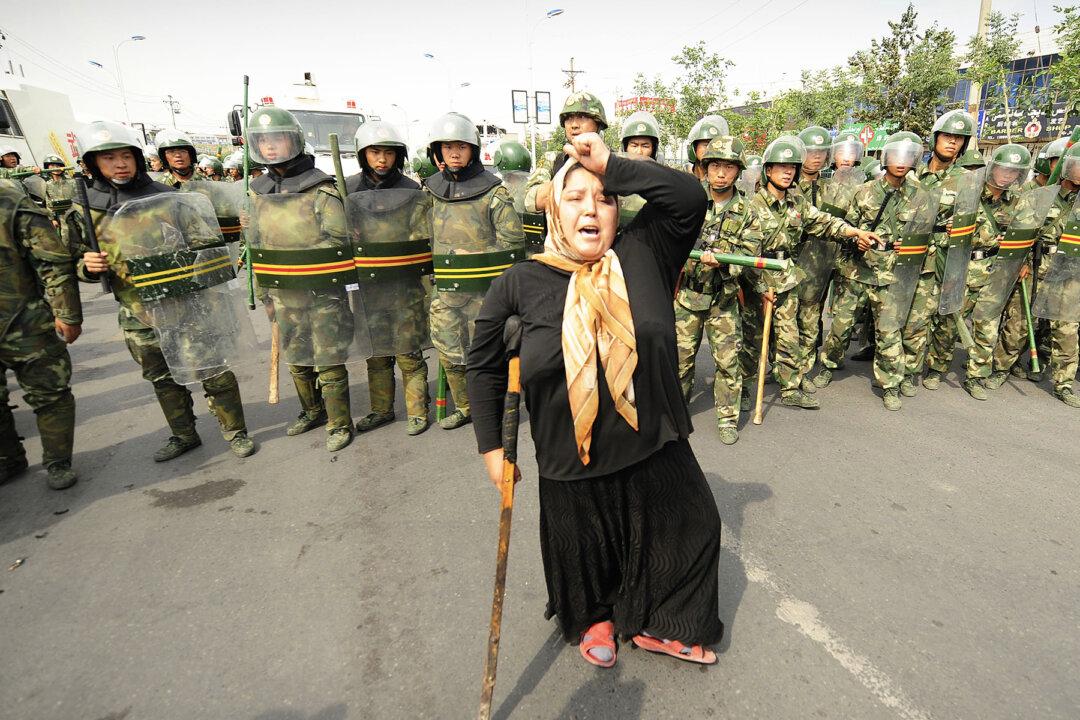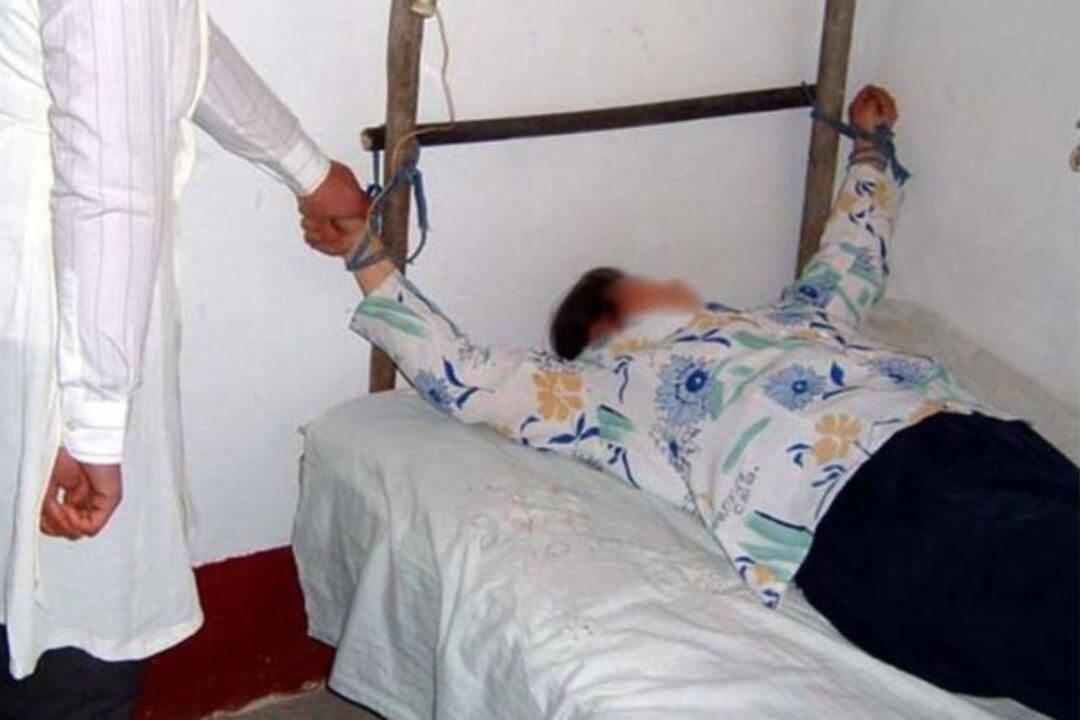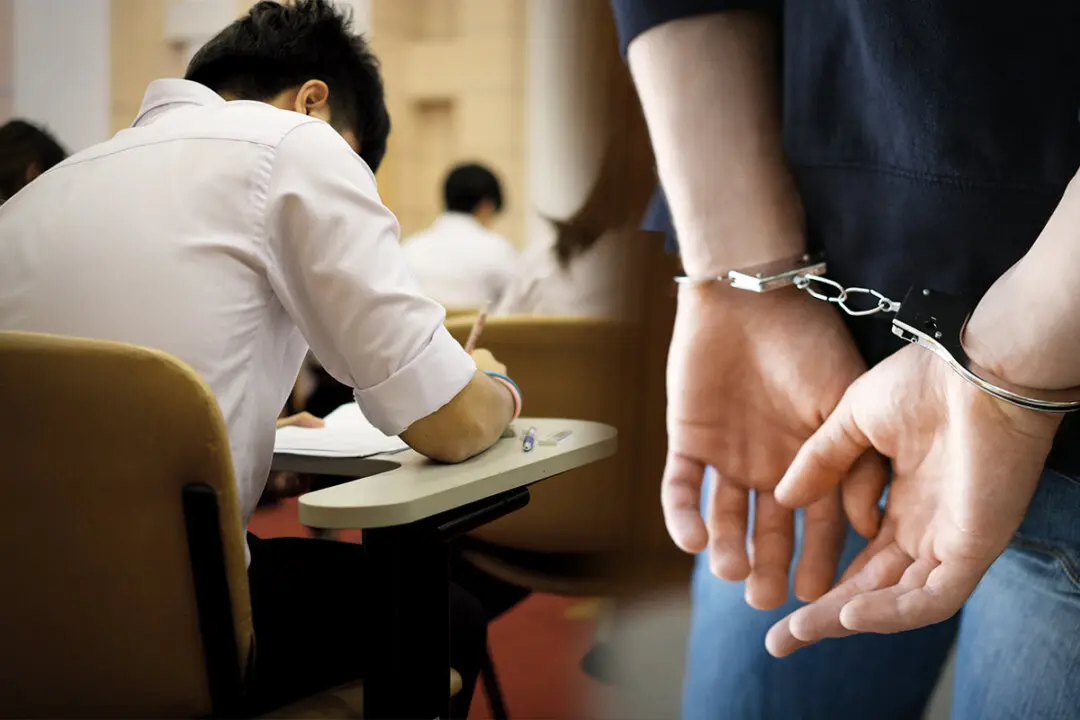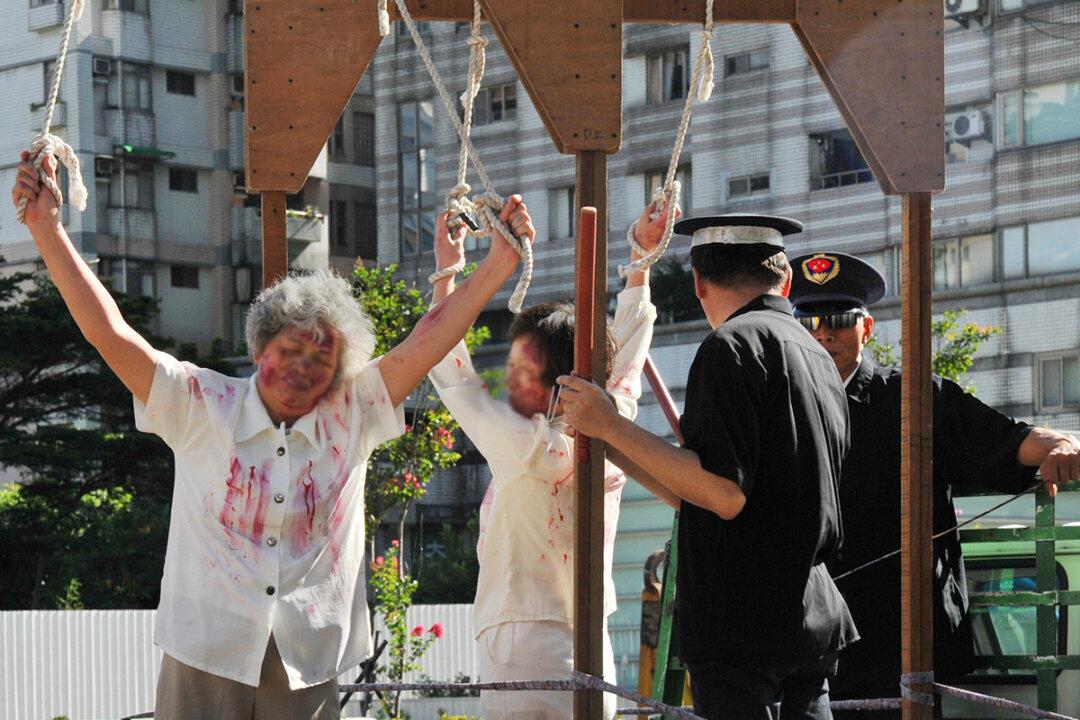Since June 2019, all eyes world over have been focusing on Hong Kong after protests erupted to scrap an extradition bill. Over the last six months, the violence has only intensified. However, on Nov. 27, U.S. President Donald Trump signed two human rights bills into law in support of the protesters in Hong Kong.
On Nov. 21, media outlets had reported of protesters, who were holed up inside the city’s Polytechnic University in defiance of a police siege, leaving a warning message to the international community.




![‘Killing You Would Be the Same as Killing Ants’: Prisons Where Innocent Citizens Are Tortured [PHOTOS]](/_next/image?url=https%3A%2F%2Fimg.theepochtimes.com%2Fassets%2Fuploads%2F2023%2F12%2F09%2Fid5544114-Falun-DaFa-practitioner-1080x720.jpg&w=1200&q=75)